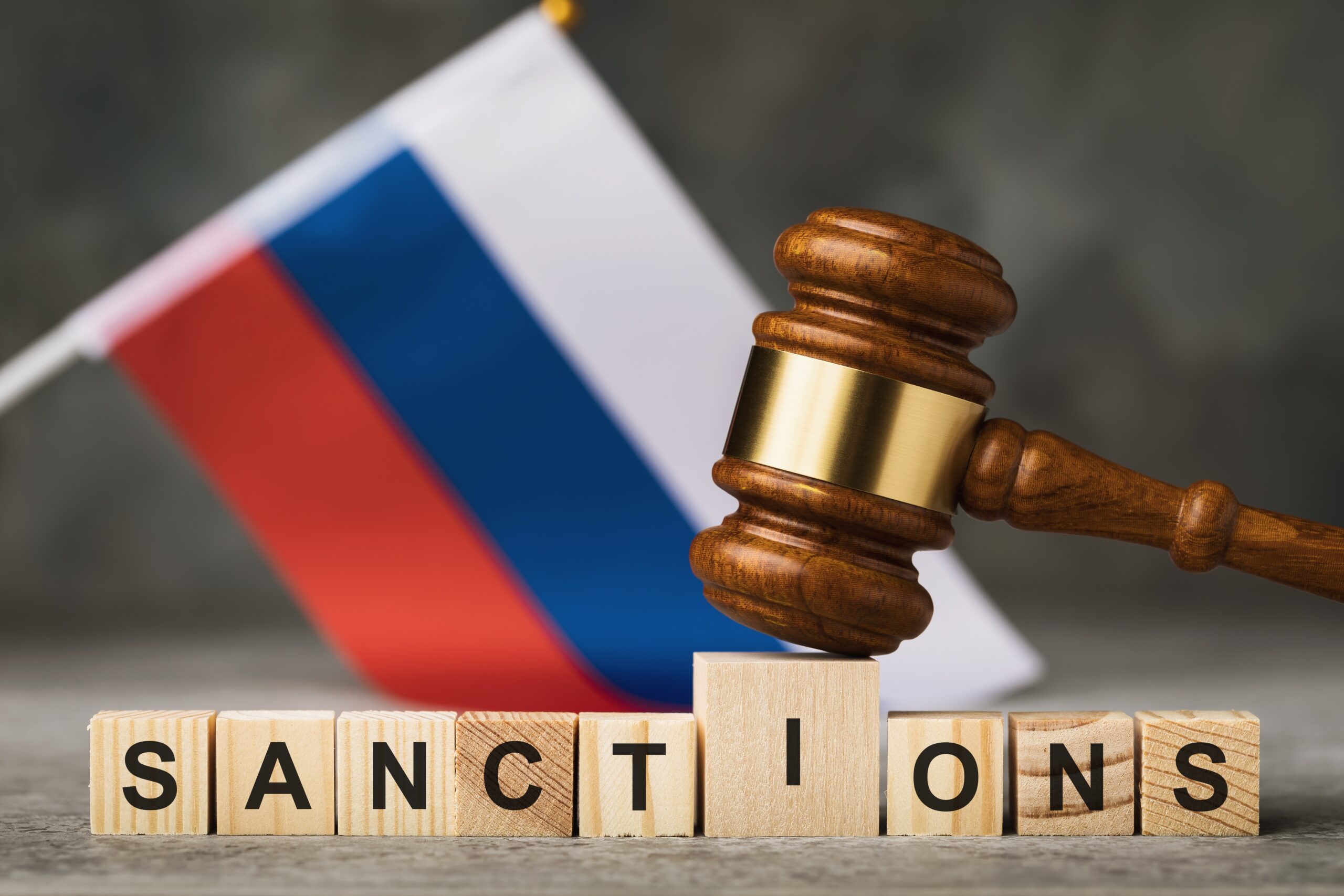
President Donald Trump has unveiled a more difficult approach to Russia and has warned that countries that buy Russian oil can face a peace agreement in the event of a Moscow disagreement within 50 days. This change is due to the increasing hopelessness of Russian attacks on Ukrainian cities.
Speaking alongside Mark Ruth, NATO Secretary -General at the White House, Trump announced a new round of Ukraine weapons, including patriotic aerial defense systems. He emphasized that NATO allies are billed for weapons and say, “We intend to make superior weapons and send them to NATO.”
Trump said some of the 17 patriotic batteries currently allocated to other countries can be directed quickly to Ukraine. “We want to come very soon,” he said, referring to an international replacement order to expedite delivery.
In a remarkable escalating, Trump also threatened secondary sanctions – punishments of countries that continue to buy Russian oil. “We want to do secondary tariffs,” he said. “If we don’t have a 50 -day deal … they will be 100 %.”
While Western countries have reduced direct financial relations with Russia, they have prevented Russian oil buyers from targeting. Trump’s move, if followed, can disrupt the global energy flow and be a major importer such as China and India.
Markets in Moscow responded positively to the 50 -day Grace period, with the return of the ruble and obtaining shares. “Trump has affected market expectations,” said Artium Nicolaif from the investment era. “He gang to Moscow to negotiate and extends his deadlines,” he said.
Trump, who returned to the presidency and ended the promise of ending the war, cited President Vladimir Putin’s broken promises as a reason for his change. “We probably had four deals,” he said. “But every time the bombs were falling that night.” In spite of repeated over -the -counter talks with Putin, Trump’s proposal for the ceasefire by Moscow is unacceptable – though Kiev has supported it.
Last week, Trump broadcast his growing incitement with the Russian leader, saying, “We take a lot of bullets thrown at us by Putin.”
Meanwhile, Ukrainian President Waldimir Zelksky met with Trump’s envoy, Kate Clov, to talk about strengthening Ukraine air defense and cooperating with Europe on weapons. Shortly after their negotiations, air strikes in Kyiv were sounded.
In a separate move, Zelksky announced the replacement of Prime Minister Dennis Qa’a with his deputy, Julia Swyenko, as part of what he had called a broader executive transformation. Svyrydenko, 39, a former economist and minister of trade, has played a key role in recent US -Ukraine talks on mineral transactions.
As the war increased to its fourth year, Russia still controls about 20 % of the Ukrainian territory and continues to move to the east, without any specific signs of retreat.